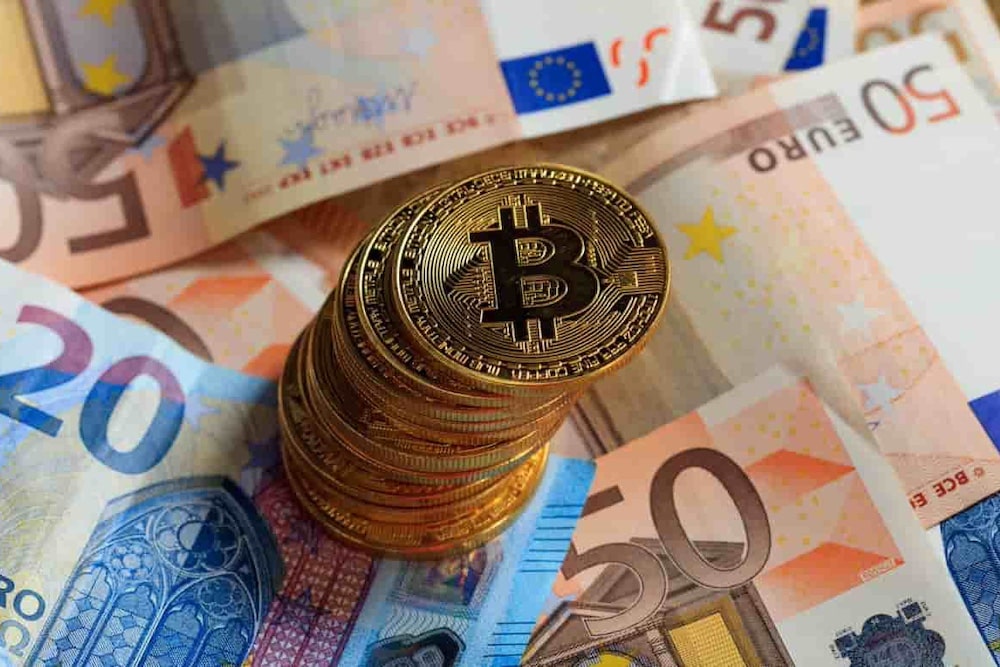China is selling seized cryptocurrencies and injecting the proceeds into its treasury in a strategic move to counter economic headwinds. This move, reported earlier today, underscores Beijing’s efforts to stabilize its economy amid global trade tensions and a domestic slowdown.
China Sells Seized Crypto Assets
China has reportedly sold approximately $14.1 billion worth of confiscated cryptocurrencies, primarily Bitcoin and Ethereum, to offset economic decline. These assets were originally seized from the PlusToken Ponzi scheme, which defrauded investors of billions between 2018 and 2019. Despite earlier claims that the 194,000 Bitcoin stash was transferred to the national treasury, CryptoQuant CEO Ki Young Ju revealed the sale, citing blockchain transaction data.
The liquidation was done through state-controlled exchanges and over-the-counter trades to minimize market disruption. The sale’s proceeds are intended to fund fiscal stimulus measures, including infrastructure projects and consumer subsidies, to encourage domestic demand and mitigate export declines.
China Sells, While Others Keep
The sale provides China with immediate liquidity, approximately $14.1 billion, to support economic stabilization without increasing debt, a critical advantage as U.S. tariffs exacerbate trade war pressures. This financial buffer strengthens Beijing’s ability to counter external shocks, with plans for further stimulus to achieve a 5% growth target.
Recent incidents underscore this trend. For instance, in March 2025, China’s exports surged 12.4% as firms frontloaded shipments to evade tariffs, per CNBC. Additionally, China and Russia settled energy trades worth $500 million in Bitcoin in April 2025, reflecting crypto’s growing role in bypassing U.S.-controlled financial systems.
These events illustrate China’s forward-thinking utilization of digital assets to navigate complex economic challenges, establishing a precedent for state-driven digital strategies globally.
In the meantime, while China sells its confiscated crypto to revamp its economy, the U.S. has taken a somewhat contrasting outlook towards its seized crypto. For example, the U.S. established a Strategic Bitcoin Reserve comprising BTC owned by the federal government and obtained through criminal or civil asset forfeiture proceedings.
This means the reserve will not incur additional costs for American taxpayers. The Secretaries of the Treasury and Commerce are authorized to develop budget-neutral strategies for acquiring additional BTC, ensuring that the reserve remains a valuable asset for the nation.
Find Cryptocurrencies to Watch and Read Crypto News on the Go Follow CryptosToWatch on X (Twitter) Now

